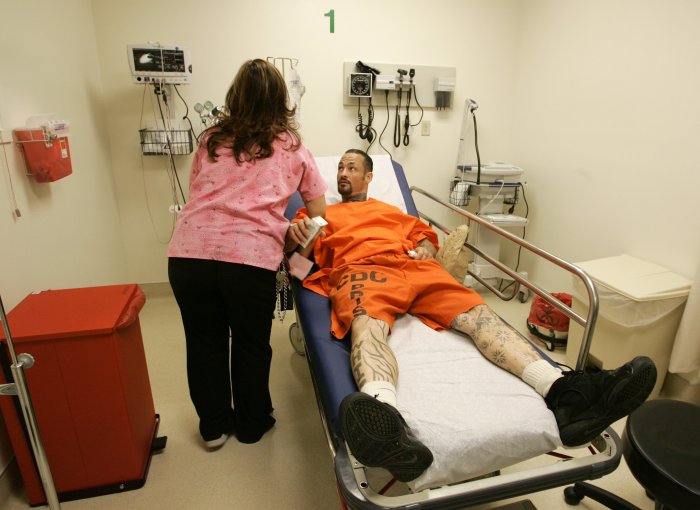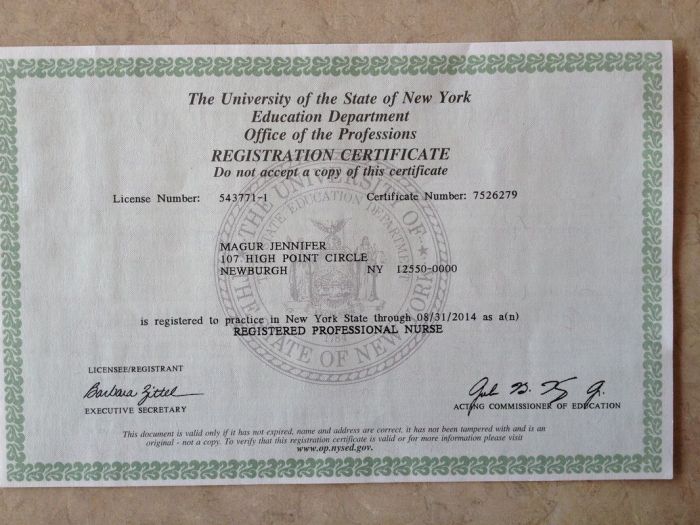Delving into the realm of Psychiatric RN Acute A V1, we embark on an exploration of the specialized care provided in acute settings. This guide unveils the unique challenges, evidence-based interventions, and ethical considerations that shape the role of psychiatric registered nurses in managing acute psychiatric symptoms.
As we navigate this complex landscape, we delve into the intricacies of assessment processes, effective communication strategies, and the importance of interdisciplinary collaboration. We also shed light on the educational and training requirements for psychiatric RNs, emphasizing the significance of ongoing professional development.
Psychiatric Nursing in Acute Settings

Psychiatric registered nurses (RNs) play a crucial role in providing specialized care to individuals experiencing acute psychiatric conditions in hospital settings. Their expertise in mental health assessment, intervention, and patient management ensures the well-being and recovery of patients during critical periods of distress.
Unique Challenges and Responsibilities
Psychiatric nursing in acute care presents unique challenges and responsibilities that require specialized knowledge and skills. These include:
- Crisis Intervention:RNs assess and manage patients in acute psychiatric crisis, providing immediate support and de-escalation techniques to stabilize the situation.
- Medication Management:They administer and monitor psychiatric medications, ensuring adherence and effectiveness while minimizing adverse effects.
- Therapeutic Communication:RNs establish therapeutic relationships with patients, fostering trust and facilitating open dialogue to promote recovery.
- Risk Assessment and Management:They assess and manage risks of self-harm, harm to others, and suicide, implementing safety measures and collaborating with multidisciplinary teams.
- Collaboration and Advocacy:RNs collaborate with other healthcare professionals, including psychiatrists, social workers, and family members, to develop comprehensive treatment plans and advocate for patients’ needs.
Assessment and Intervention Strategies: Psychiatric Rn Acute A V1

The assessment process for psychiatric patients in acute care settings involves a comprehensive evaluation of the patient’s mental health status, including their symptoms, history, and risk factors. This assessment helps clinicians determine the appropriate interventions to manage the patient’s symptoms and promote their recovery.
Evidence-based interventions for managing psychiatric symptoms in acute care include:
- Medication management: Prescribing and monitoring medications to alleviate symptoms such as psychosis, depression, and anxiety.
- Psychotherapy: Providing talk therapy to address underlying psychological issues and develop coping mechanisms.
- Social skills training: Teaching patients how to interact with others in a healthy and productive manner.
De-escalation and Crisis Management
De-escalation and crisis management techniques are essential for managing agitated or aggressive patients in acute care settings. These techniques involve:
- Establishing a calm and safe environment.
- Communicating effectively with the patient.
- Using verbal de-escalation techniques.
- Applying physical restraint techniques when necessary.
Collaboration and Communication

In psychiatric acute care, collaboration and communication are vital to ensure effective patient care. A multidisciplinary team approach, involving psychiatrists, nurses, social workers, psychologists, and other healthcare professionals, is essential to address the complex needs of patients experiencing acute psychiatric episodes.
Effective Communication Strategies, Psychiatric rn acute a v1
Effective communication with patients, families, and other healthcare professionals is crucial for accurate assessment, treatment planning, and ongoing care. Psychiatric nurses play a key role in fostering open and respectful communication, using active listening, empathy, and clear language.
When working with patients, it is important to establish trust and rapport by demonstrating empathy, understanding, and a non-judgmental attitude. Nurses should use clear and concise language, avoiding technical jargon, and encourage patients to express their concerns and perspectives.
Communication with families and significant others is also essential. Nurses should provide clear information about the patient’s condition, treatment plan, and prognosis. They should also listen attentively to the family’s concerns and provide support and guidance.
Effective communication among healthcare professionals is crucial for coordinating care and ensuring continuity of treatment. Nurses should participate actively in interdisciplinary team meetings, sharing their observations and contributing to the development of comprehensive care plans.
When dealing with psychiatric RN acute A V1 situations, it’s crucial to have a comprehensive understanding of the underlying issues. A great resource for visualizing historical events is a blank map of Europe during WWII . Studying the geographical context can provide valuable insights into the complexities of psychiatric RN acute A V1 care.
Documentation and Reporting Requirements
Psychiatric nurses are responsible for accurate and timely documentation of patient assessments, interventions, and outcomes. This documentation should include detailed descriptions of the patient’s symptoms, behaviors, and responses to treatment. Nurses should also document any changes in the patient’s condition or treatment plan.
Reporting requirements may vary depending on the setting and jurisdiction. Nurses should be familiar with the specific reporting requirements for their workplace and ensure that all incidents, such as medication errors or acts of violence, are reported promptly.
Ethical Considerations

Psychiatric acute care presents unique ethical challenges that require careful consideration and compassionate decision-making. Ethical dilemmas may arise in situations involving involuntary commitment, informed consent, confidentiality, and end-of-life care.
Principles of Informed Consent
Informed consent is crucial in psychiatric acute care. Patients must be provided with clear and comprehensive information about their diagnosis, treatment options, potential risks and benefits, and alternative options. They should be given ample time to consider the information and make informed decisions about their care.
Confidentiality in Acute Care Settings
Confidentiality is essential for building trust and maintaining therapeutic relationships in psychiatric care. Patient information must be protected from unauthorized disclosure, except in cases where there is a legal obligation or a clear and present danger to the patient or others.
Addressing Ethical Challenges
Addressing ethical challenges requires a compassionate and professional approach. Nurses should engage in open and honest communication with patients and families, involving them in decision-making whenever possible. They should consult with other healthcare professionals, ethics committees, or legal counsel when needed to ensure that ethical principles are upheld.
Education and Training

To become a psychiatric RN in an acute care setting, one must possess a solid educational foundation and specialized training. The minimum requirement is a Bachelor of Science in Nursing (BSN) degree from an accredited nursing program. During the BSN program, students gain a comprehensive understanding of psychiatric nursing principles, assessment techniques, and therapeutic interventions.
Following the BSN, aspiring psychiatric RNs must complete a specialized training program. This may take the form of a one-year residency or a master’s degree in psychiatric nursing. These programs provide in-depth knowledge of psychiatric disorders, psychopharmacology, and evidence-based treatment approaches.
Continuing Education and Professional Development
Continuing education is crucial for psychiatric RNs to stay abreast of the latest advancements in the field. This includes attending conferences, workshops, and online courses. Professional development opportunities allow nurses to enhance their skills, expand their knowledge base, and improve patient outcomes.
Resources for Staying Up-to-Date
- American Psychiatric Nurses Association (APNA)
- National Alliance on Mental Illness (NAMI)
- National Institute of Mental Health (NIMH)
- Psychiatric Times
- Journal of Psychiatric and Mental Health Nursing
FAQ Guide
What is the primary role of a psychiatric RN in acute care settings?
Psychiatric RNs in acute care settings provide specialized nursing care to individuals experiencing acute psychiatric symptoms, including assessment, intervention, and crisis management.
What are some common ethical dilemmas faced by psychiatric RNs in acute care?
Ethical dilemmas may arise regarding informed consent, confidentiality, and balancing the patient’s autonomy with the need for treatment.
What is the importance of continuing education for psychiatric RNs in acute care?
Continuing education ensures that psychiatric RNs stay up-to-date on the latest evidence-based practices and emerging trends in acute psychiatric care.
